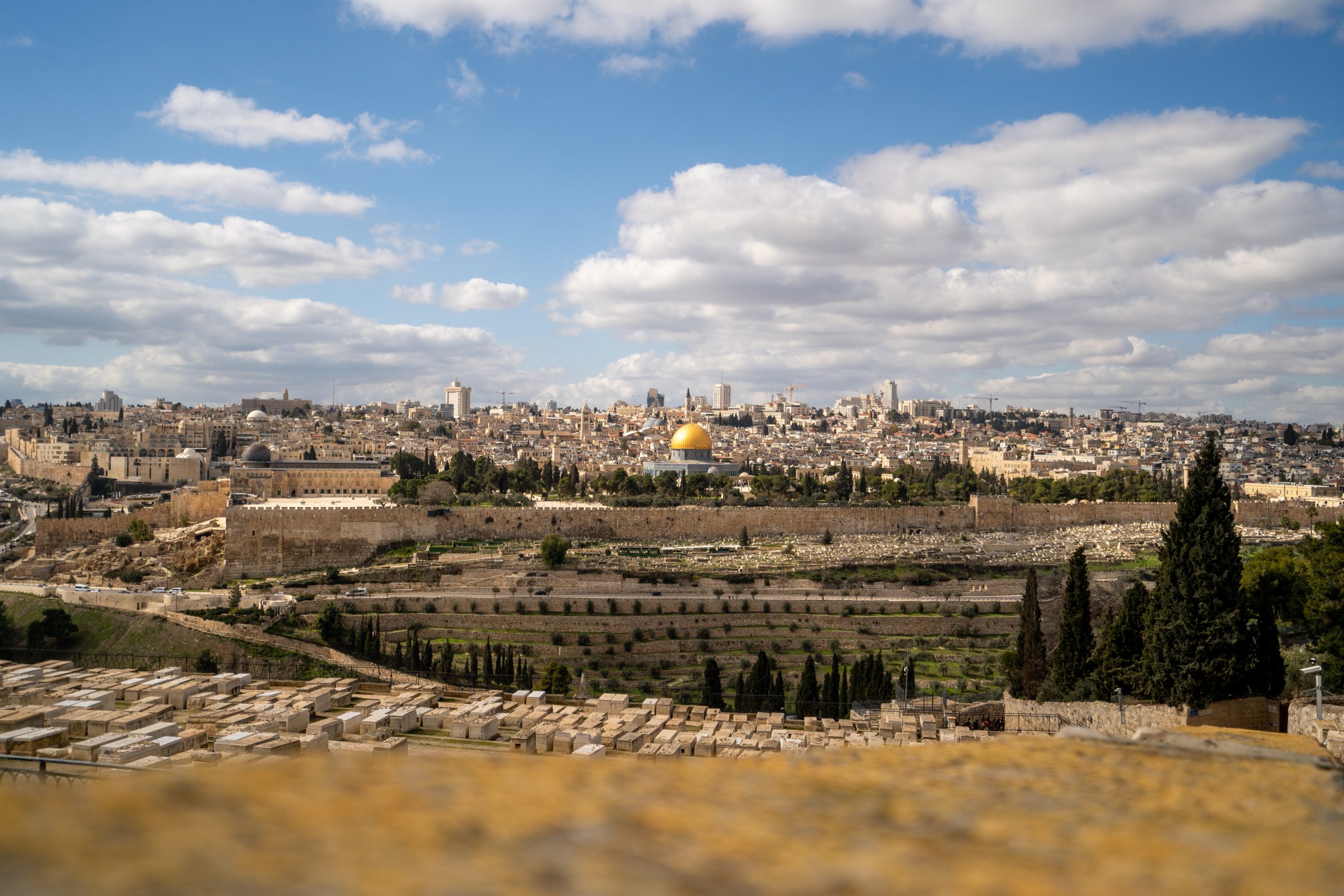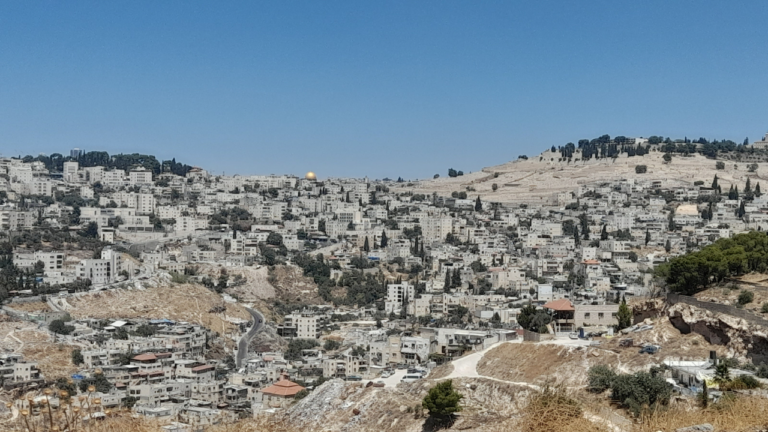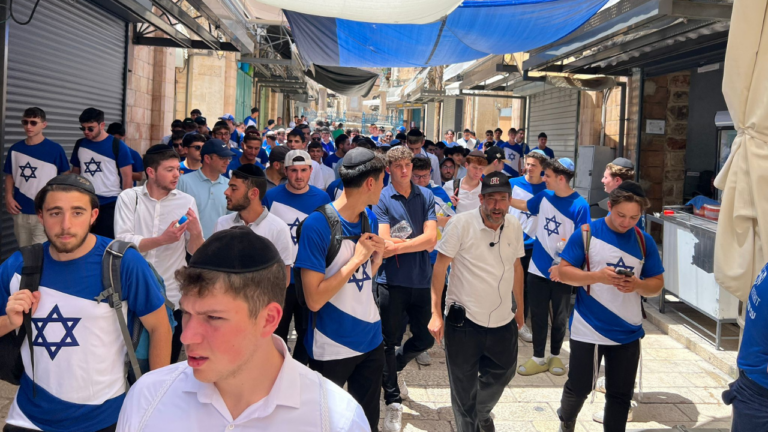Of Sticks and Bundles: Jerusalem’s Surprising Dispensation
In the times of the Second Temple, when we had the privilege of bringing sacrifices in Jerusalem and eating from sanctified foods, there was an intense emphasis on maintaining ritual purity. Unfortunately, there were many Jews who were not sufficiently knowledgeable in these laws to properly remain tahor (pure). This reality forced the sages to make various decrees to protect chaveirim (those who strictly upheld the laws of tumah v’taharah) from becoming impure. The mishnayot in the third chapter in Chagigah describe various situations in which an am ha’aretz (one who is ignorant of the laws of tumah) is not believed when he claims that a vessel is pure.
However, the Mishnah (see Chagigah 26a) tells us of a surprising exception to the general rule of not believing an am ha’aretz. In Jerusalem itself, any Jew who claims that an object is pure enough to be used with the sanctified foods of the Beit HaMikdash is believed. Additionally, during the regalim (three special festivals of Pesach, Shavuot, and Sukkot) in which the Jewish people are commanded to converge on Jerusalem in a massive pilgrimage, the Mishnah states that every Jew is viewed as entirely pure!
This leniency seems highly counter-intuitive; wrong place, wrong time. Jerusalem is our holiest city, and it contains our most sanctified foods and objects. Over the course of the Jewish calendrical year, the regalim were the times where Jerusalem was most filled with sacrificial meats and sanctified produce (such as ma’aser sheni) that cannot be consumed in a state of impurity. The Gemara in Rosh HaShanah (16b) informs us that there is a special commandment to purify oneself specifically in preparation for the regalim. Why are we compromising on our strict standards of purity precisely when we should be emphasizing them most?
The Gemara Yerushalmi (Chagigah 3:6) provides an astounding explanation for this leniency. Rebbe Yehoshua ben Levi cites the verse in Tehillim (122:3) that Jerusalem is “like a city that unites together”. Rebbe Yehoshua explains that this verse shows us that all Jews are transformed into chaveirim when they converge onto our holy city together. On the simple level, the Gemara’s language of chaver means that all Jews are treated like those who are strict in standards of purity. Jerusalem’s sanctity inspires a sense of spiritual awe that uplifts all Jews to a higher level of mitzvah observance. On a deeper level however, this language alludes to the holy city’s power to create friendship between all Jews and make barriers between them melt away. It is a city that bonds everyone together in brotherhood and united purpose.
(As an aside, it is not a coincidence that the Gemara Yerushalmi provides this reasoning. This unique quality of Jerusalem was evident specifically to the sages living in the Holy Land.)
Moshe Rabbeinu opens our parshah with the words “v’atem nitzavim hayom kulchem” that all of you stand today in front of Hashem your God. The Midrash (Yalkut Shemoni 940) powerfully describes how Klal Yisrael’s ability to withstand persecution and stand upright after so much suffering is solely dependent on our ability to unify ourselves into a single agudah (bundle). Hauntingly, the Midrash warns that while a man may struggle to break a bundle of twigs, a singular twig can be easily snapped by the smallest of children. Only when we bind ourselves together in God’s presence, most palpably felt in Jerusalem, can we endure the machinations and hate of our enemies.
Jerusalem’s uniting capability between different types of Jews is desperately needed now more than ever. Our ability to withstand the onslaught of Jewish hate is perhaps solely dependent on whether we can stand in front of Hashem as one. And yes, even those who are deemed “impure” must be included in Jerusalem’s all-embracing bundle. With the Days of Awe approaching, let us prepare to fervently pray for the opportunity to serve Hashem as one agudah in the redeemed holy city of Jerusalem.



